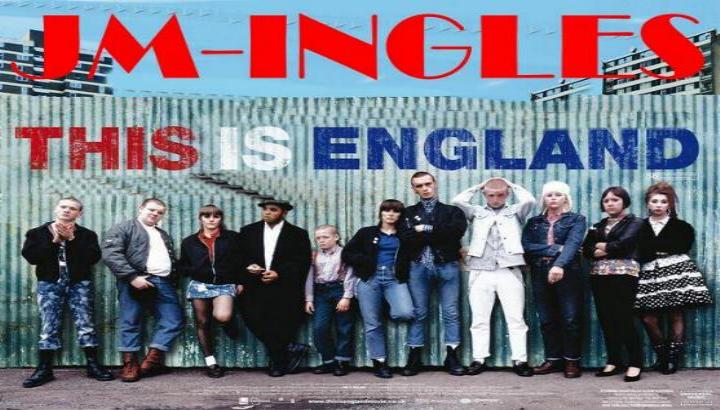1001 films you must see before you die Part XVI: 2000-2007
JM-Inglés :: English World :: The best
Página 1 de 3.
Página 1 de 3. • 1, 2, 3 
 1001 films you must see before you die Part XVI: 2000-2007
1001 films you must see before you die Part XVI: 2000-2007
1001 films you must see before you die
Part XVI: 2000-2007
946
Meet the parents (Jay Roach, 2000)
Part XVI: 2000-2007
946
Meet the parents (Jay Roach, 2000)

Randy Newman's opening song, "A Fool in Love," perfectly sets up the movie that follows. The lyrics begin, "Show me a man who is gentle and kind, and I'll show you a loser," before praising the man who takes what he wants. Greg Focker (Ben Stiller) is the fool in love in Meet the Parents. Just as he's about to propose to his girlfriend Pam (Teri Polo), he learns that her sister's fiancé asked their father, Jack Byrnes (Robert De Niro), for permission to marry. Now he feels the need to do the same thing. When Greg meets Jack, he is so desperate to be liked that he makes up stories and kisses ass rather than having the courage of his convictions. It doesn't take an elite member of the CIA to see right through Greg, but that's precisely what Jack is. Directed by Jay Roach (the Austin Powers movies), Meet the Parents is an incredibly well-crafted comedy that stands in nice opposition to, say, the sloppy extremes of the Farrelly brothers. Stiller is great at playing up the uncomfortable comedy of errors, balancing just the right amount of selfishness and self-deprecating humor, while De Niro's Jack is funny as the hard-ass father who just wants a few straight answers from the kid. What makes the Jack character all the funnier is Blythe Danner as his wife, the Gracie to his George Burns, who is the true heart of the movie. Oh, and Owen Wilson turns in yet another terrific comic performance as Pam's ex-fiancé.

» 1º Bachillerato 2020- UNIT 4
» 1º Bachillerato 2020- UNIT 6
» 4ESO- 2020- UNIT 9
» The Michael Zager Band - Let's All Chant
» Voz pasiva: Ejercicios
» Oraciones condicionales Tipo I + Ejercicios
» Comparativos y superlativos: Ejercicios
» Present Perfect: Ejercicios